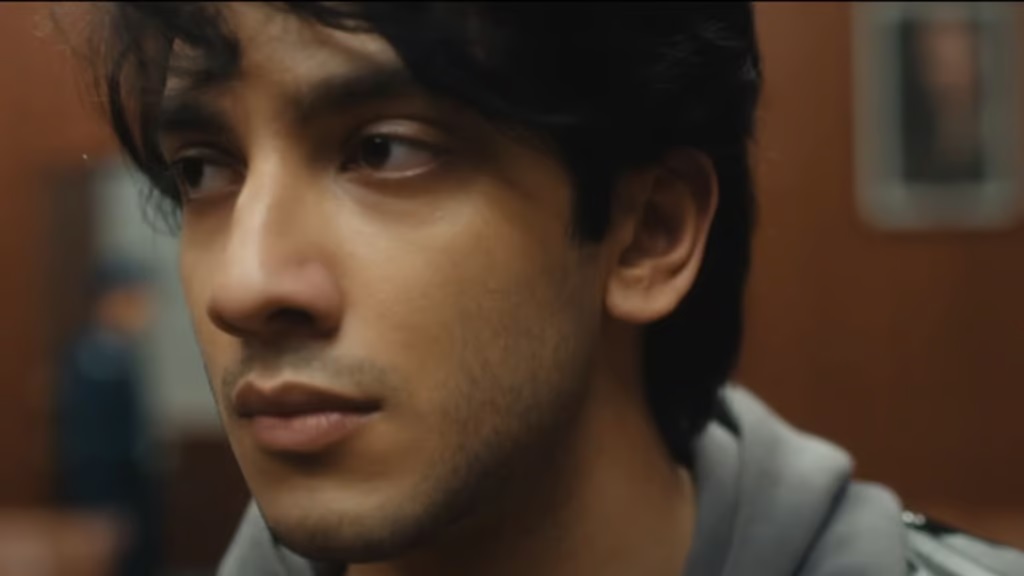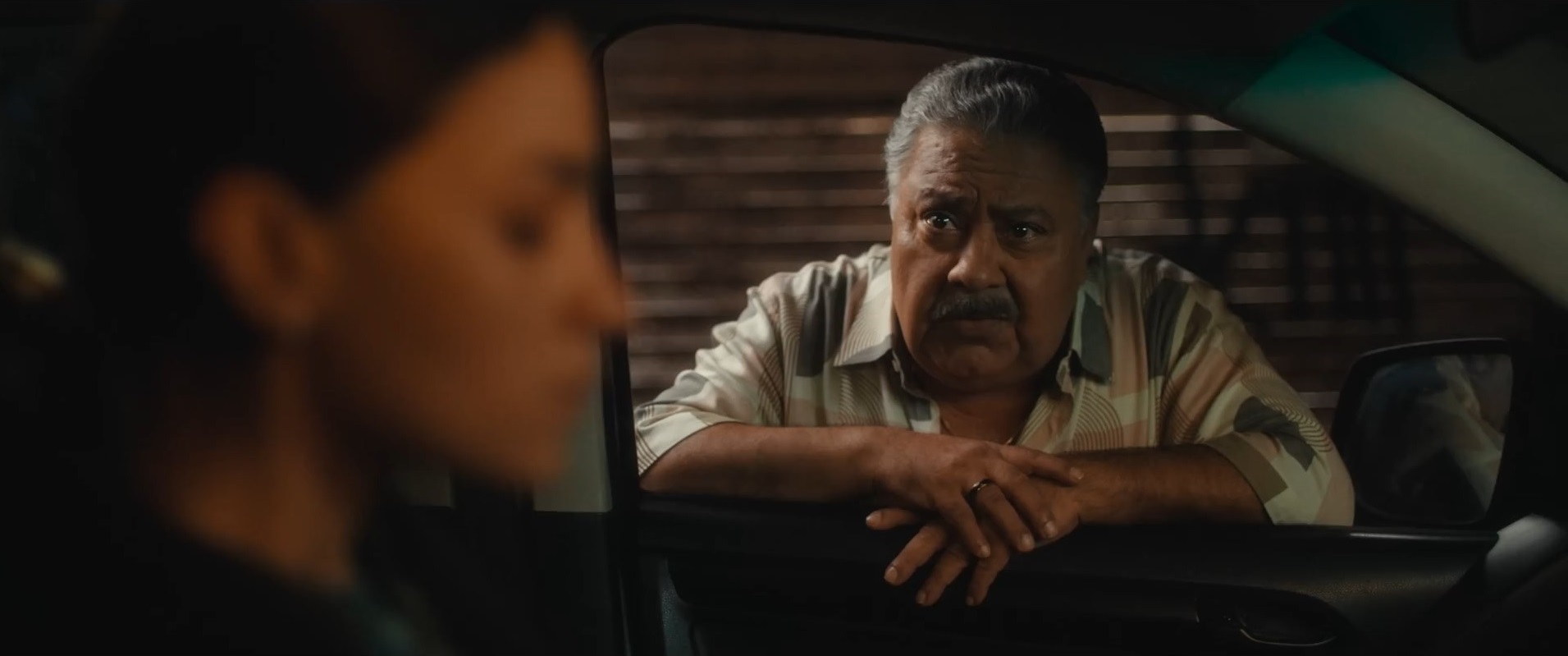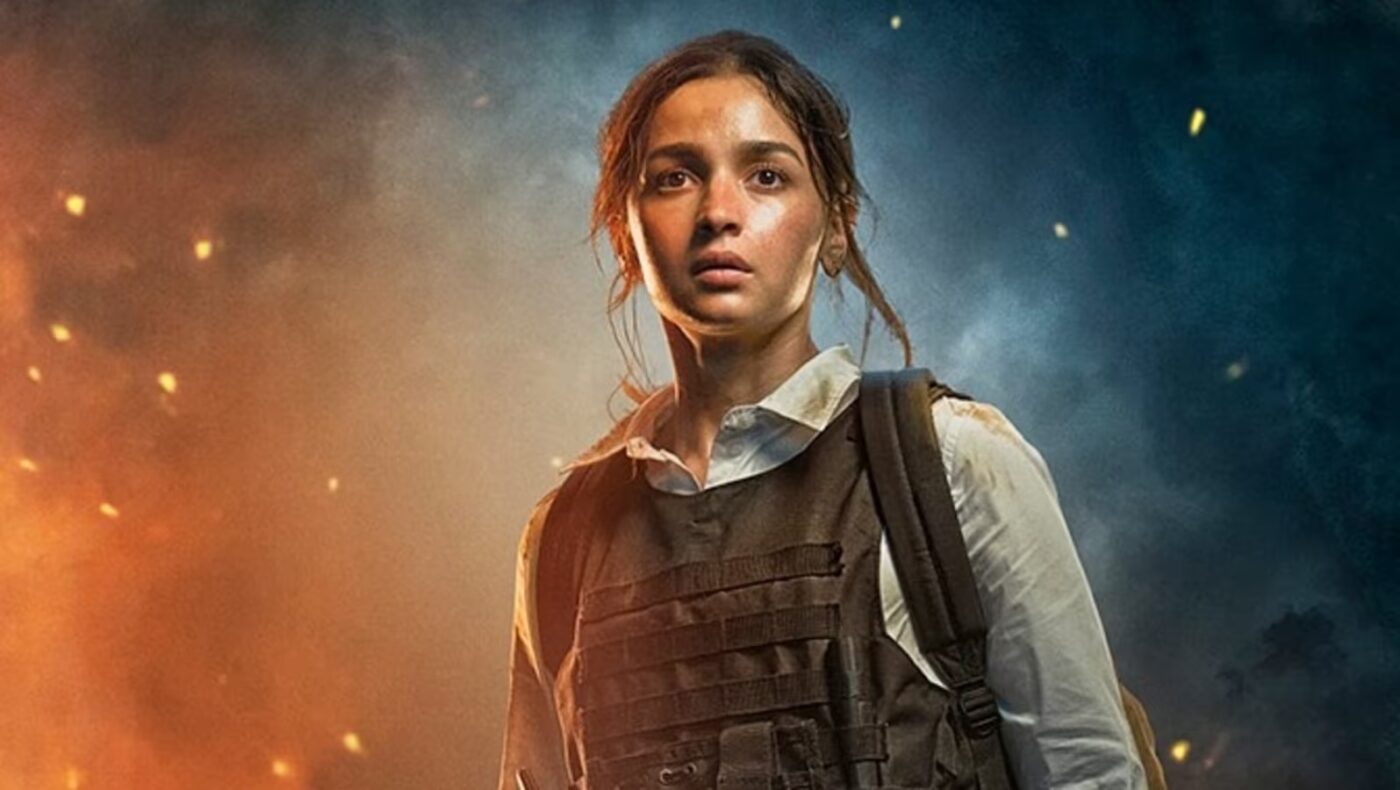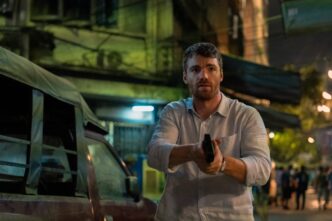An Intense (But Flawed) Action Film About Family Bonds
Summary
Jigra delivers bold visuals and a standout performance by Alia Bhatt as a determined sister in a high-stakes prison break. Despite its emotional core, uneven storytelling and overreliance on spectacle weaken its overall impact.
Overall
-
Plot
-
Narrative
-
Acting
-
Characterization
-
Action
-
Pacing
Jigra opens with a compelling promise: an emotionally charged story of familial loyalty set against the backdrop of a high-stakes prison break. Directed by Vasan Bala and led by Alia Bhatt in one of her most ambitious roles to date, the film draws inspiration from Bollywood’s rich tradition of hero-centric narratives. However, as the plot unfolds, the film struggles to balance its emotional weight with its action-packed sequences, resulting in an uneven but bold cinematic experience. While the film excels in its quieter moments, the narrative often feels overstuffed, sacrificing depth for spectacle.
At its heart, Jigra revolves around Satya, played by Alia Bhatt, a fiercely determined woman whose life has been defined by her role as the protector of her younger brother, Ankur. After their parents’ tragic deaths, Satya and Ankur are left to grow up under the roof of wealthy but indifferent relatives who view them as burdens. This harsh upbringing shapes Satya into someone who is not only tough but also deeply self-reliant, channeling all her energy into shielding her brother from the cruelties of the world. Bhatt captures this duality with precision, making Satya’s love for Ankur both her strength and her vulnerability.
The story gains momentum when Ankur, a budding entrepreneur with dreams of starting his own tech company, gets caught up in the reckless schemes of their cousin Kabir. What begins as an innocent trip turns into a nightmare when Ankur is framed for drug trafficking and sentenced to death in Hanshi Dao, a fictional Southeast Asian country with strict anti-drug laws. Satya, who has always fought for Ankur, is thrust into a desperate mission to save him. What follows is a tense and emotional journey as she races against time, facing insurmountable odds and entering a world far removed from her own.

The first act of Jigra sets the stage beautifully. It establishes the bond between Satya and Ankur, revealing the depth of their sibling relationship and the lengths to which Satya is willing to go for her brother. The writing in this section is taut, blending moments of vulnerability with an undercurrent of urgency. Bhatt and Raina share a natural chemistry that makes their connection believable, and Raina’s portrayal of Ankur as a naive yet optimistic young man complements Bhatt’s fierce determination. These early scenes draw the audience in, creating an emotional investment in the characters’ journey.
As the narrative shifts gears, Jigra transitions from a heartfelt family drama to a full-blown action thriller. Satya teams up with two unlikely allies: Bhatia, a retired gangster with a tragic backstory played by Manoj Pahwa, and Muthu, an ex-cop seeking redemption, played by Rahul Ravindran. Together, they form an unconventional team, each with their reasons for risking everything to break into the high-security prison where Ankur is being held. While this shift in tone adds excitement to the story, it also marks the beginning of the film’s struggles with pacing and focus.
One of the most striking aspects of Jigra is its visual storytelling. Swapnil Sonawane’s cinematography brings Hanshi Dao to life, presenting it as a place of both allure and menace.
The island’s natural beauty contrasts sharply with the grim and oppressive atmosphere of the prison, creating a setting that feels both cinematic and foreboding. Bala’s direction is infused with his trademark cinephilic flair, filled with references to classic Bollywood and international cinema. From nods to Amitabh Bachchan’s angry-young-man archetype to homages to filmmakers like Wong Kar-wai, the film is a treasure trove for film enthusiasts. However, these stylistic choices sometimes detract from the story, making the narrative feel overly self-indulgent.

The action sequences in Jigra are a mixed bag. On one hand, they showcase Bhatt’s physicality and commitment to the role. Satya’s transformation into a relentless force of nature is thrilling to watch, with Bhatt delivering a series of well-executed fight scenes that highlight her versatility as an actor. On the other hand, these moments often strain credibility. Satya’s feats of strength and agility, while impressive, feel more suited to a superhero film than a grounded thriller. This disconnect weakens the emotional stakes, making it harder for the audience to fully immerse themselves in the story.
Another significant weakness lies in the film’s portrayal of its antagonist. Vivek Gomber plays Hans Raj Landa, the sadistic prison warden who takes pleasure in tormenting his inmates. While Gomber brings a certain energy to the role, the character is written as a caricature, lacking the depth needed to make him a truly formidable villain. His exaggerated mannerisms and lack of complexity undermine the tension of the prison scenes, which should have been among the most gripping parts of the film.
Despite these flaws, Jigra has moments of genuine emotional resonance. The bond between Satya and Ankur remains the film’s emotional core, and their relationship is explored with sincerity and nuance.
One particularly poignant scene shows Satya adjusting her appearance before visiting Ankur in prison, trying to project strength even as she battles her own fear. Another standout moment comes when the siblings reminisce about their shared love for basketball, a motif that recurs throughout the film as a symbol of their connection. These quieter, character-driven moments are where Jigra truly shines, offering glimpses of the powerful story it could have been.

The supporting cast adds depth to the narrative but often feels underutilized. Manoj Pahwa’s Bhatia brings warmth and humor to the story, while Rahul Ravindran’s Muthu adds a layer of gravitas. Both actors deliver strong performances, but their characters’ arcs are not given enough room to develop. As a result, their contributions to the story feel more like plot devices than integral parts of the narrative.
The final act of Jigra is where the film’s ambitions begin to overwhelm it. The climactic jailbreak sequence, filled with explosions, shootouts, and dramatic stunts, is undeniably entertaining but lacks the emotional weight needed to make it truly impactful. By prioritizing spectacle over substance, the film loses sight of the emotional stakes that were so effectively established in its first act. The result is a finale that feels overblown and disconnected from the rest of the story.
One of the most intriguing elements of Jigra is its exploration of systemic corruption and privilege.
Hanshi Dao, with its rigid laws and corrupt officials, serves as a microcosm for larger societal issues. Satya’s journey highlights the disparities between those who hold power and those who are left to navigate an unjust system.
However, these themes are only briefly touched upon, leaving much unexplored. A more in-depth examination of these ideas could have added another layer of complexity to the narrative.
At the center of it all is Alia Bhatt, whose performance is the film’s saving grace. Bhatt’s portrayal of Satya is a masterclass in balancing vulnerability and strength. She brings a magnetic presence to the screen, making Satya a character worth rooting for even when the story falters. Bhatt’s ability to convey a wide range of emotions, from fear and despair to determination and defiance, elevates the film, grounding it in a sense of emotional truth.
Vedang Raina also delivers a commendable performance as Ankur. His portrayal of a naive and optimistic young man caught in a terrifying situation adds an additional layer of tragedy to the story. Raina and Bhatt share a natural chemistry that enhances the believability of their sibling bond, making their scenes together some of the film’s most memorable.

While Jigra falls short in many areas, it is not without its merits. Bala’s ambition as a filmmaker is evident throughout, and the film’s moments of brilliance hint at the potential for a truly great story. For all its flaws, Jigra dares to take risks, offering a bold and visually stunning take on the Bollywood action genre.
Ultimately, Jigra is a film of contradictions. It delivers moments of genuine emotion and thrilling action but struggles to balance the two. While its pacing issues and uneven storytelling prevent it from reaching its full potential, the film remains a showcase for Alia Bhatt’s incredible talent and Vasan Bala’s unique vision. For fans of Bhatt and Bala, Jigra offers enough to make it worth a watch, even if it doesn’t fully deliver on its promise.







